You may not be howling at it, but BOY, does a full moon send people WILD! here’s why.

The full moon has captivated humanity’s imagination for centuries, inspiring countless myths, legends, and beliefs. But beyond its ethereal beauty, many people claim that the full moon affects their emotions, behaviors, and even sleep patterns. This phenomenon, often referred to as the “full moon effect,” has intrigued scientists, psychologists, and spiritualists alike.
In this blog post, we delve into the mysterious topic of the full moon effect, exploring the possible reasons why the lunar cycle seems to have a profound impact on human experiences.
Understanding the Lunar Cycle
Before we delve into the full moon effect, it’s important to understand the basics of the lunar cycle. The moon goes through distinct phases, with the full moon occurring when the moon is directly opposite the sun, illuminating the entire lunar surface visible from Earth. This celestial dance takes approximately 29.5 days to complete, influencing the ebb and flow of ocean tides and serving as a celestial timekeeper for civilizations throughout history.
How Does This Affect Us Humans?
Numerous anecdotal accounts and even some scientific studies suggest that the full moon can influence human behavior. One area often associated with the full moon effect is sleep. Some people claim to experience restless nights, vivid dreams, or difficulty falling asleep during this lunar phase.
While the scientific evidence is mixed, it’s plausible that the moon’s brightness and altered light exposure may impact our internal body clocks, disrupting sleep patterns for sensitive individuals.
The Emotional and Psychological Impact
The full moon has long been linked to various emotional and psychological effects. In folklore, it’s often associated with heightened emotions, erratic behavior, and even increased crime rates.
From a psychological perspective, the belief in the full moon’s influence can create a self-fulfilling prophecy. If individuals expect to be affected by the full moon, they may attribute any unusual experiences or emotions to its influence.
Possible Explanations
While the full moon effect remains a subject of debate, several theories attempt to explain why it may impact people’s experiences. One hypothesis is that lunar brightness affects melatonin production, a hormone involved in regulating sleep. Another theory suggests that the moon’s gravitational pull, similar to its influence on ocean tides, could have subtle effects on the human body, which is composed mostly of water.
Psychological factors also come into play. The concept of the “illusory correlation” suggests that humans tend to notice and remember events that align with their expectations. This bias can lead to an overemphasis on the full moon’s influence when coincidences occur.
Spiritual And Cultural Significance
Beyond scientific explanations, the full moon holds deep spiritual and cultural significance for many societies. It has been revered as a symbol of transformation, enlightenment, and heightened intuition. Rituals and celebrations are often held during the full moon, providing an opportunity for reflection, manifestation, and personal growth.
Conclusion
The full moon effect remains a captivating subject that has sparked curiosity for generations. While the scientific evidence is inconclusive, the influence of the full moon on human experiences cannot be easily dismissed. Whether it is due to biological, psychological, or cultural factors, the allure of the full moon continues to inspire awe and wonder. So, the next time you find yourself gazing up at the luminous night sky during a full moon, embrace the mystery and let your imagination soar.
If you find yourself being drawn into the moon’s mesmerizing presence, don’t worry, you aren’t going mad, but if you find yourself howling at it, go see a doctor immediately..
Have a great day.
Keith

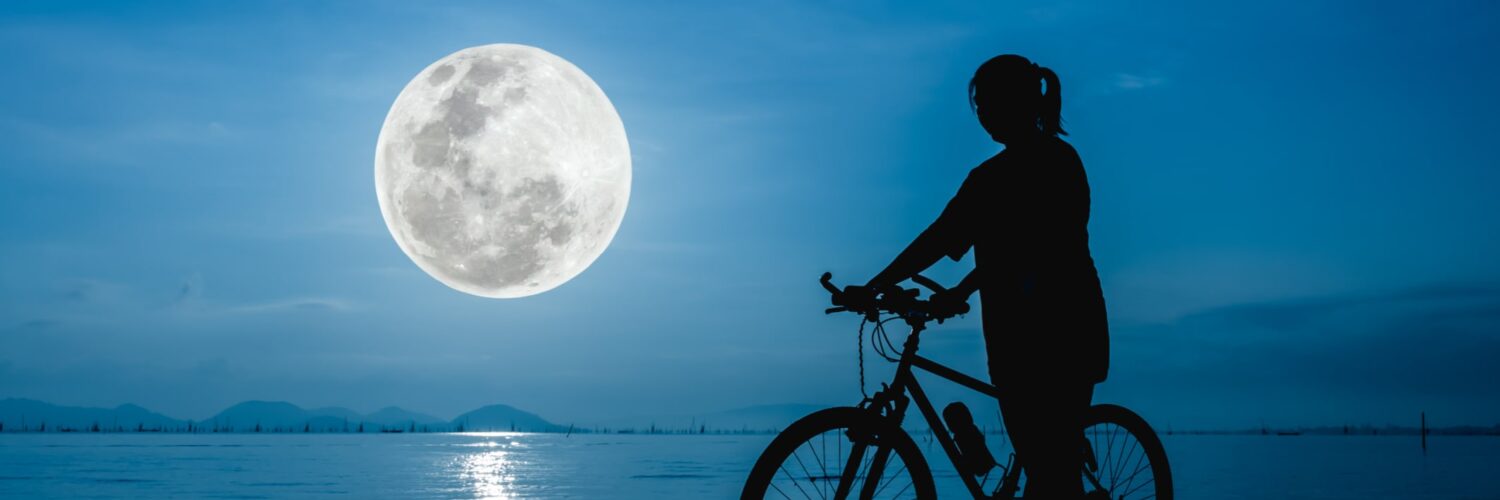


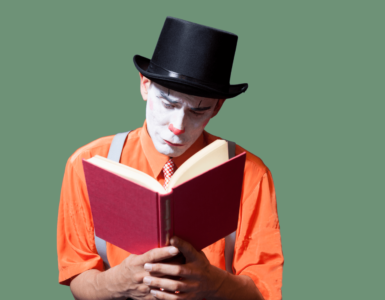







































































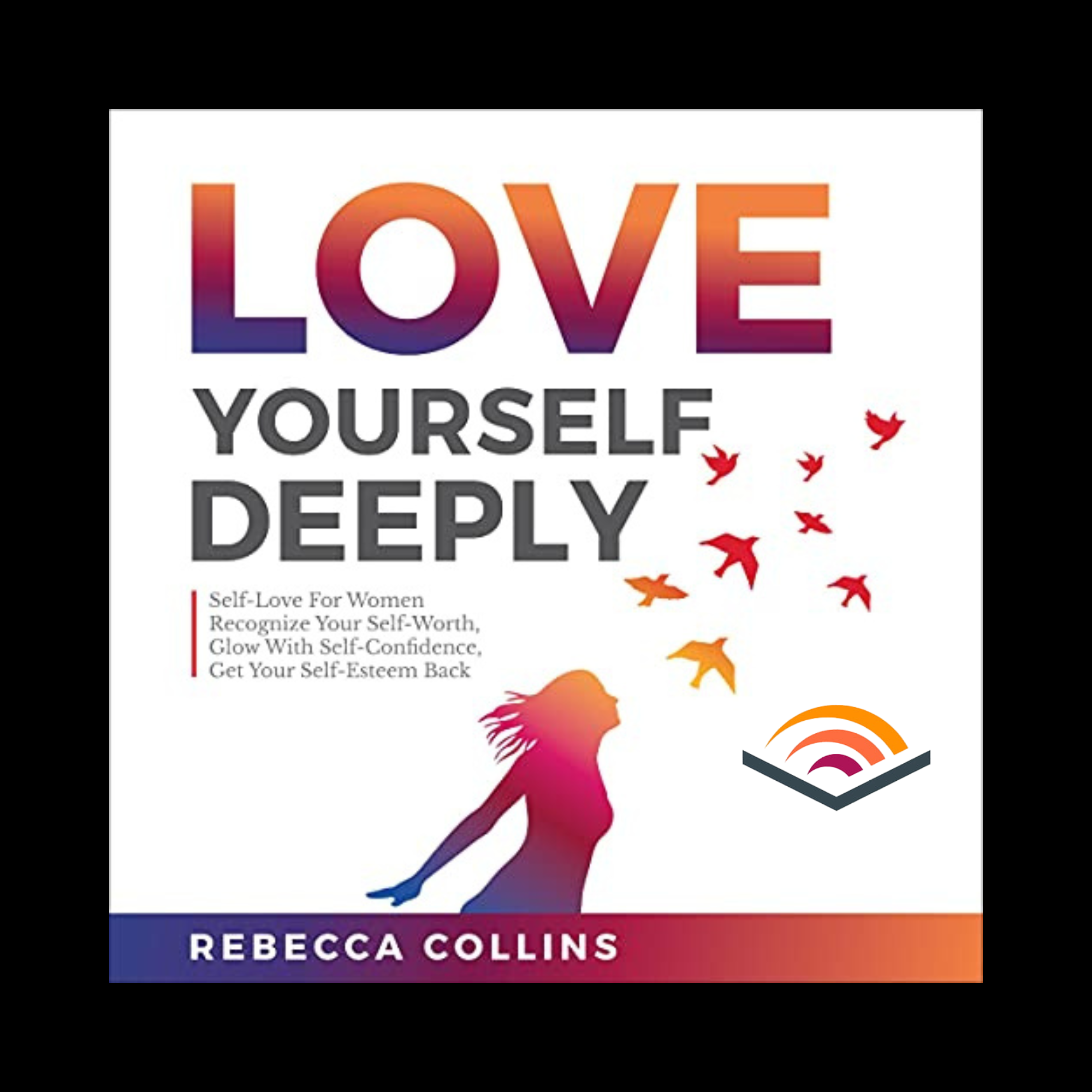
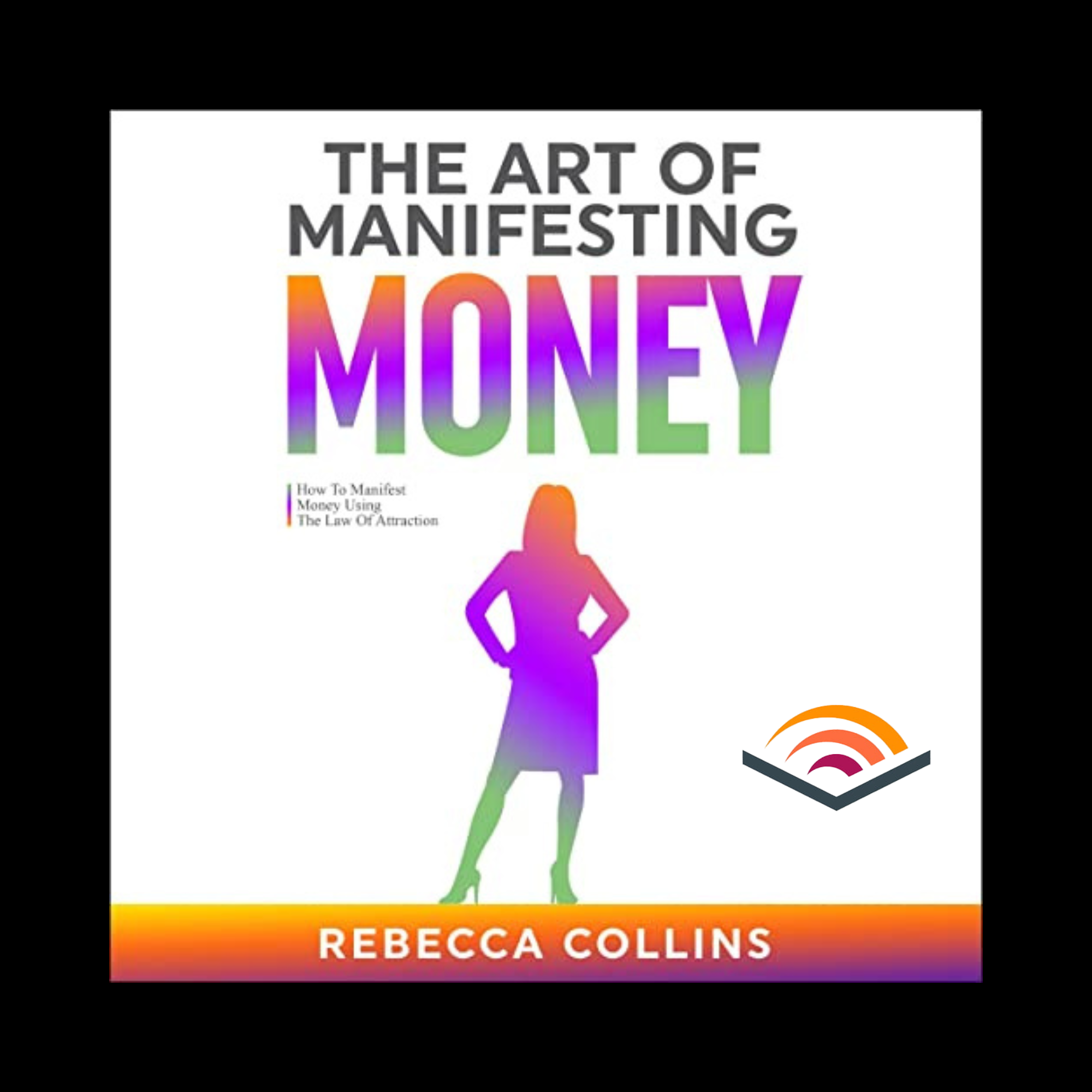


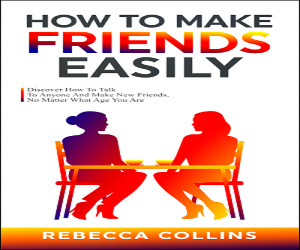






































Add comment